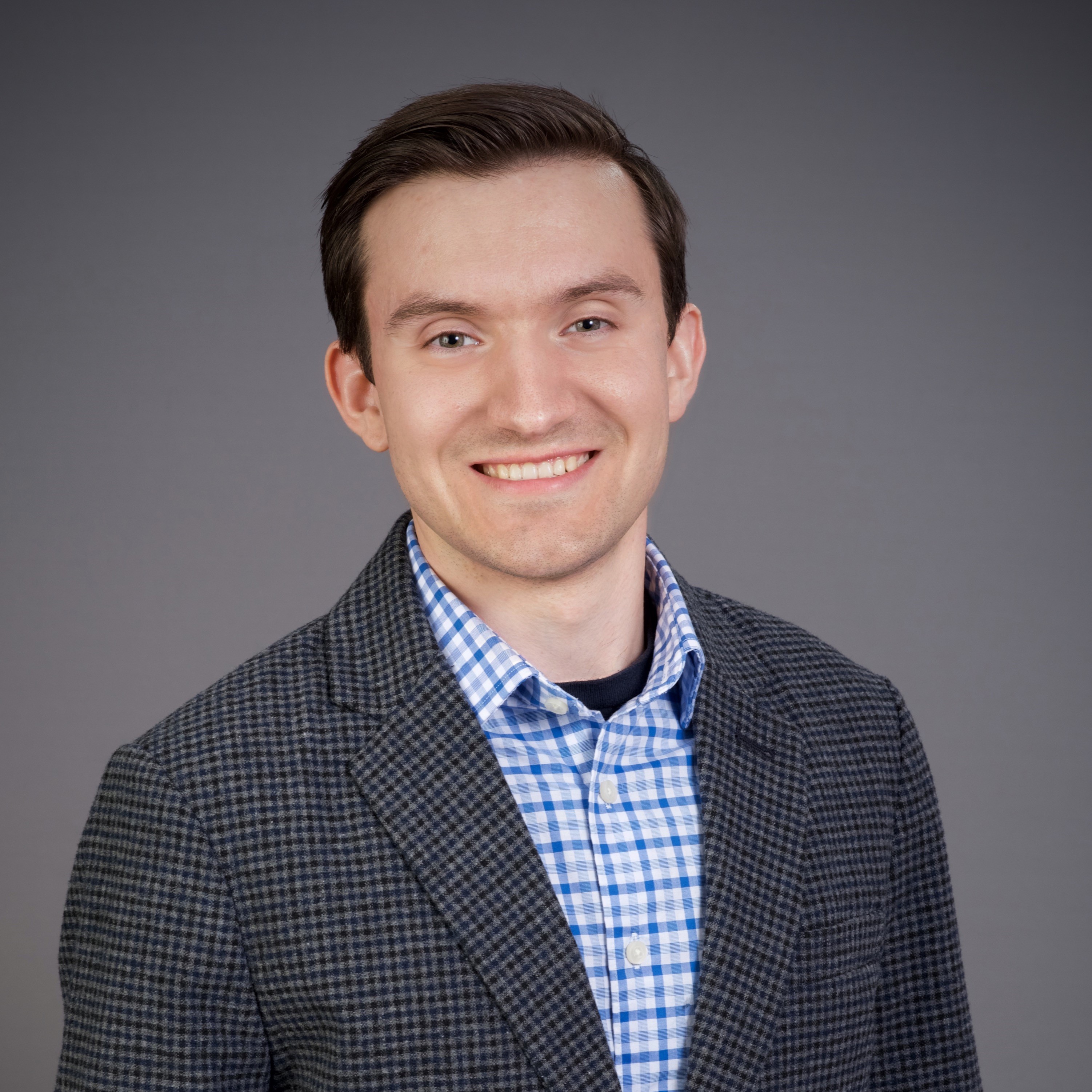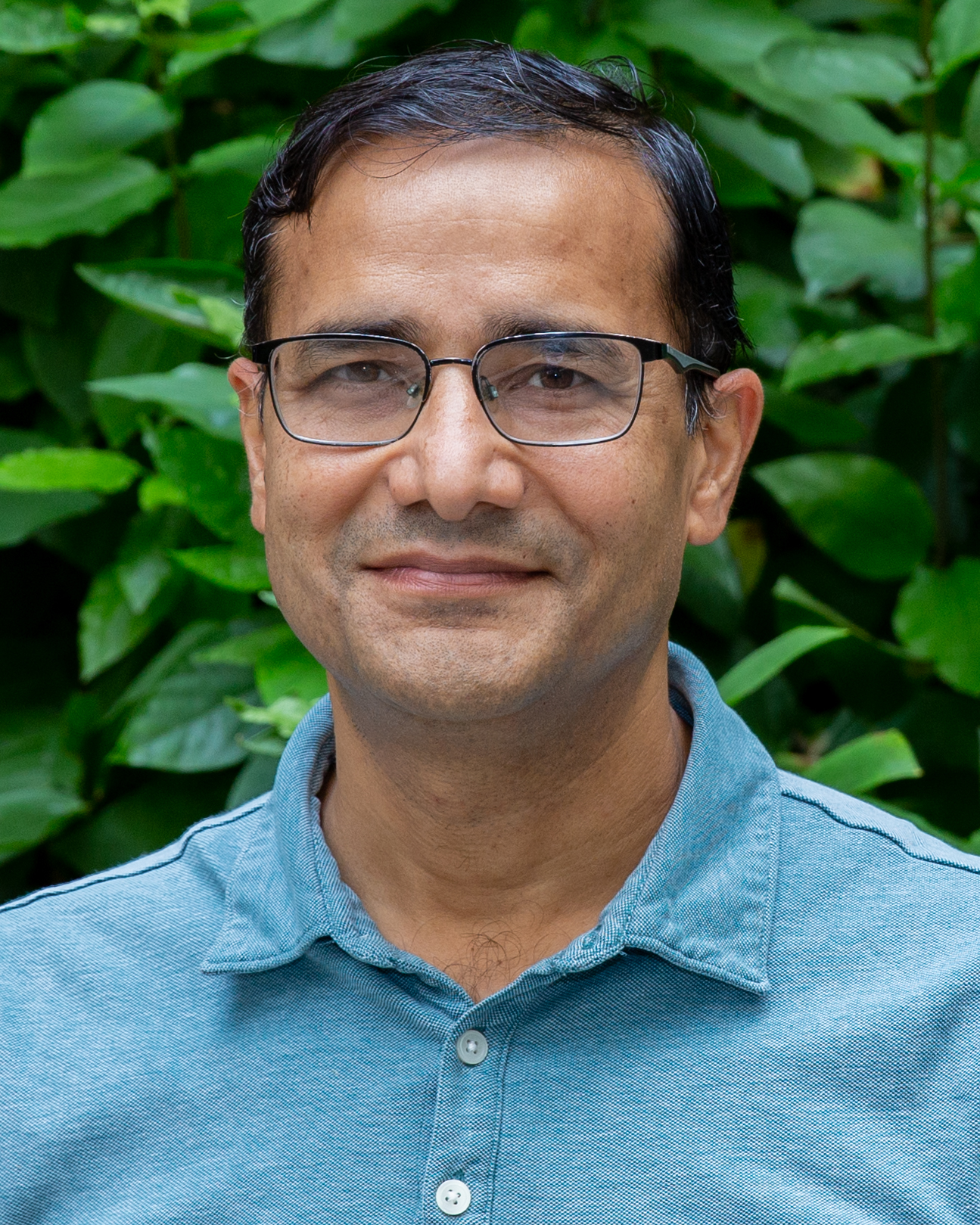UC San Diego Researchers Help Discover That Tiny DNA Circles are Key Drivers of Cancer
New understanding of extrachromosomal DNA could lead to better cancer therapies
Media contact:
Published Date
Article Content
University of California San Diego computer scientists are among the lead authors of an international study that finds tiny circles of DNA that defy the accepted laws of genetics are key drivers of cancer formation.
The study, led by researchers at UC San Diego and Stanford University, was published today in Nature.
The circles, known as extrachromosomal DNA or ecDNA, often harbor cancer-associated genes called oncogenes. Because they can exist in large numbers in a cell, they deliver a super-charged growth signal that can override a cell’s natural programming. They also contain genes likely to dampen the immune system’s response to a nascent cancer, the researchers found.
Previous research had suggested that the circles, which are widespread in human cancers but rarely found in healthy cells, primarily arise in advanced tumors as the abnormal cells increasingly botch the intricate steps required to copy their DNA before each cell division. But the new study shows that ecDNA can be found even in precancerous cells — and their presence jump-starts a cancerous transformation. Blocking their formation, or their effect on the cells that carry them, might stop cancers from developing, the researchers believe.

“Our results suggest ecDNA formation is not just a 'one-and-done' event that happens in late-stage cancers - it's a continual process, starting even in pre-cancerous tissue,” said Jens Luebeck, a UC San Diego computer science postdoctoral researcher who is the first author on the study. “In cancer research, we are constantly seeking to understand the mechanisms cancers use to gain resistance to therapies. With better maps of where and when resistance agents like ecDNA occur, we can begin the crucial task of finding weaknesses, selecting better therapies, and ultimately improving patient outcomes.”
Luebeck works with Vineet Bafna, a professor in UC San Diego’s Department of Computer Science and Engineering and a faculty member in the university’s Halıcıoğlu Data Science Institute who is one of six senior authors of the research.
Luebeck said he developed the analysis and methods needed for this study. Some of the computational methods used in the study had been previously developed in Bafna's lab. “Building on these methods, I worked under Vineet's guidance to also develop a method to classify the types of focal amplifications in the samples - such as extrachromosomal DNA (ecDNA),” said Luebeck.
“Applying these methods to pre-cancer and cancer biopsies, we were able to uncover the close relationship of ecDNA formation with transformation of pre-cancer tissue into malignancy,” he said.
Additionally he and Bafna developed ways to summarize how structurally similar these ecDNA are between multiple samples from the same patient, and showed that ecDNAs are progressively forming and evolving alongside disease state.
Tackling a grand challenge
Deciphering ecDNA’s role in cancer was one of four $25-million Cancer Grand Challenges awarded by the United States National Cancer Institute and Cancer Research UK in 2022. The group funds multidisciplinary research teams to solve some of medical science’s thorniest challenges.

Bafna is part of a team of international researchers seeking to learn more about ecDNA and the mechanisms that drive it. For this project, Bafna is spearheading the computational genomics analyses. He has been working for years with Stanford University professor of pathology Paul Mischel, MD and others to develop mathematical and computational techniques to identify ecDNA and other structural changes in chromosomes.
The team will investigate the mechanisms that drive ecDNA and the genetic anomalies that appear in about a third of cancers, which promote aggressive tumor behavior and generate poor patient outcomes.
Pinpointing a reason
For the current study, researchers turned to a specific example of cancer development — people with a condition known as Barrett’s esophagus, which occurs when the cells lining the lower part of the esophagus are damaged by acid reflux and become more like cells lining the intestine than healthy esophageal tissue. About 1% of these people develop esophageal cancer, which is difficult to treat and has a high mortality rate. Because the outcome is so poor, people with Barrett’s esophagus are routinely monitored with endoscopies and biopsies of the abnormal tissue. Because of these frequent biopsies, the researchers had access to tissue samples collected both before and after cancers developed.
The researchers assessed the prevalence of ecDNA, and identified the genes they carried, in biopsies from nearly 300 people with Barrett’s esophagus or esophageal cancer treated at the University of Cambridge or at Seattle’s Fred Hutchison Cancer Center, where individual patients were studied as the cancer developed.
They found that the prevalence of ecDNA increased from 24% to 43% in early- versus late-stage esophageal cancer, indicating the continual formation of the DNA circles during cancer progression. More tellingly, they found that 33% of people with Barrett’s esophagus who developed esophageal cancer had ecDNA in their precancerous cells. In contrast, only one out of 40 people who didn’t develop cancer had cells with ecDNA, and that individual passed away due to another cause.
Others senior researchers on the study include Stanford University's Mischel and Howard Chang, MD, PhD, professor of genetics and the Virginia and D.K. Ludwig Professor in Cancer Research; senior staff scientist Thomas Paulson, PhD, from Seattle’s Fred Hutchison Cancer Center; assistant professor of pediatrics Sihan Wu, PhD, from the Children’s Medical Center Research Institute at the University of Texas Southwestern Medical Center; and professor of cancer prevention and director of the Early Cancer Institute Rebecca Fitzgerald, MD, from the University of Cambridge.
Share This:
You May Also Like
Stay in the Know
Keep up with all the latest from UC San Diego. Subscribe to the newsletter today.




